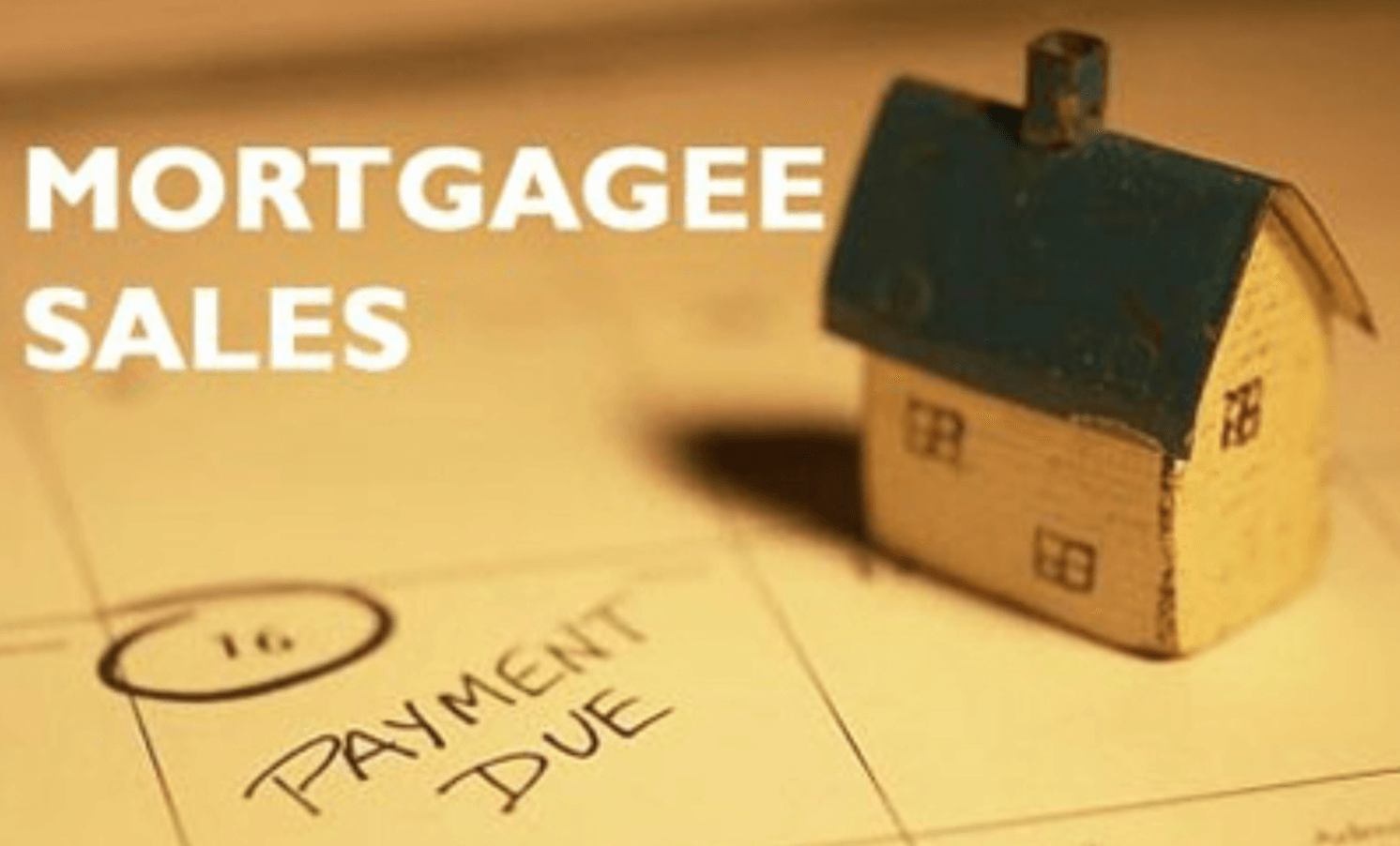Property Co-ownership with Friends and Family
Buying Property with Friends and Family: A Smart Strategy with Important Precautions
In Auckland, New Zealand, the dream of homeownership is increasingly difficult to achieve. As of March 2025, the average house value in Auckland was NZD 1,225,448, significantly higher than the national median of NZD 770,000. This steep rise in property prices has led many first-time buyers to explore co-owning homes with friends or family as a viable path to entering the property market.
While pooling resources can make homeownership more accessible, it's essential to approach this arrangement with careful planning and legal safeguards. Here are some key precautions to consider:
1. Establish Clear Ownership Agreements
Before purchasing, agree on the ownership structure—whether as joint tenants or tenants in common—and outline each person's share of the property. A Property Sharing Agreement should detail financial contributions, responsibilities for mortgage payments, and procedures for selling or transferring ownership. It's advisable to have this agreement drafted by a lawyer to ensure all parties are protected.
2. Define Exit Strategies
Life circumstances can change, and it's crucial to plan for potential scenarios where one party wishes to sell or move out. Agree on how the property will be valued, the process for buying out a co-owner, and the steps to take if one party defaults on their financial obligations. Having a clear exit strategy can prevent disputes and financial strain.
3. Seek Independent Legal and Financial Advice
Each party should consult with independent legal and financial advisors to understand their rights and obligations fully. This ensures that all aspects of the co-ownership are transparent and that everyone is aware of the legal implications, including tax responsibilities and potential capital gains tax upon selling.
4. Plan for Property-Related Expenses
Decide how ongoing property-related expenses, such as maintenance, repairs, insurance, and bills, will be managed. Clearly assigning these duties and costs can prevent conflicts and ensure the property is well-maintained.
5. Understand Financial Implications
Co-owning a property can affect individual credit ratings and borrowing capacities. It's essential to understand how shared financial obligations may impact future financial decisions and ensure that all parties are comfortable with the arrangement.
How Conveyancing Shop Lawyers Can Help
At Conveyancing Shop, we guide buyers through every step of co-owning a property. From setting up ownership agreements and exit strategies to ensuring all legal and financial obligations are clearly understood, our team makes the process straightforward and stress-free. Whether you're buying with friends, family, or a combination of both, we help protect your interests so you can focus on making your new house a home.
News and articles










